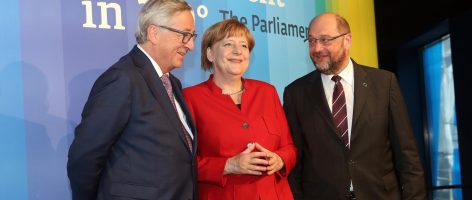
For Germany’s Social Democrats, a Chance to be Europe’s Superman
It was 80 years ago this year that DC Comics first published Superman, and with this comic book series launched a franchise of superheroes that shows no sign of losing …
The National Security Strategy: Symbolism vs. Substance
The National Security Strategy (NSS) released by the White House this week—the only time in the first year of a new presidency—is a sober and realistic assessment of the state …

The G20 Trifecta
Germany – Argentina – Japan: Not a list of three regional soccer powerhouses, but rather the troika of past, current, and future presidency countries of the G20. On December 1, …
German Economic Leadership in Europe: More Uncertain and More Needed
The instability produced by the failure to form a so-called “Jamaica” coalition in Germany increases the importance of moving from reliance on de facto German leadership of the Eurozone to …

U.S. trade policy in the age of Trump: What role for Europe in the “New Nationalism”?
One year ago, the American public elected in Donald Trump a president who painted international trade not as a generator of U.S. prosperity and a multiplier of its national interest, …

Europe’s Illusions
Although for more than 70 years common values were invoked to keep the transatlantic partnership together, now is the time to assert shared U.S.-German interests.
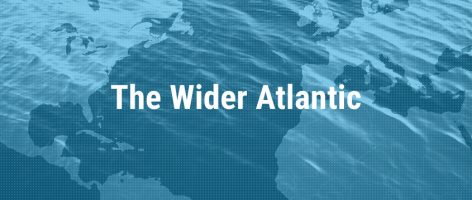
America’s Four Economic Families
The United States may have two major political parties, but it is becoming clear that it has four economic families: Small government + free trade = Mainstream Republicans Small government …
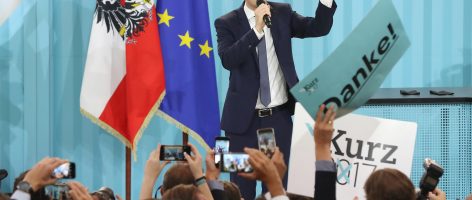
Austria, Europe’s un-Bellwether Nation
For many years, the state of Maine was a reliable indicator of the U.S. political mood. So much so that the phrase “As Maine goes, so goes the nation” gained …
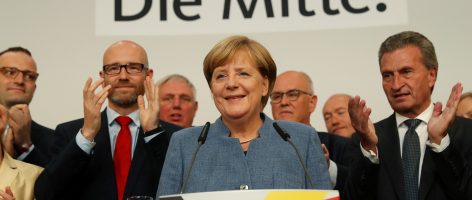
Out of Four, One? Why Germany’s “Impossible” Coalition Just Might Work
“Everything must change so that everything can stay the same.” So wrote Lampedusa in The Leopard about a Sicilian aristocracy coping with revolutions in nineteenth century Italy. But this phrase …

Voting for the Eurozone on September 24th
The German elections are just over two weeks away on September 24. Chancellor Angela Merkel is nearly certain to be reelected to a fourth term, so the main unknown surrounds …
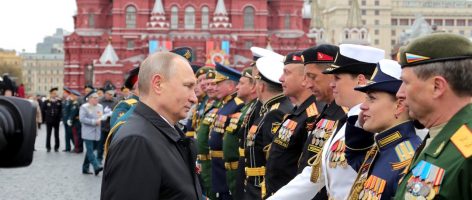
Two Cheers for the House Russia Sanctions
Energy policy is the geoeconomic tool par excellence. Whether it is the OPEC oil embargoes of the 1970s, the subsequent creation of the International Energy Agency by Western consuming nations, …

Germany’s Number 1 Task: Renew the Global Economic Order
The most important contribution the new German Federal Government can make is to support and reform the global economic order that has been responsible for 70 years of peace and …





